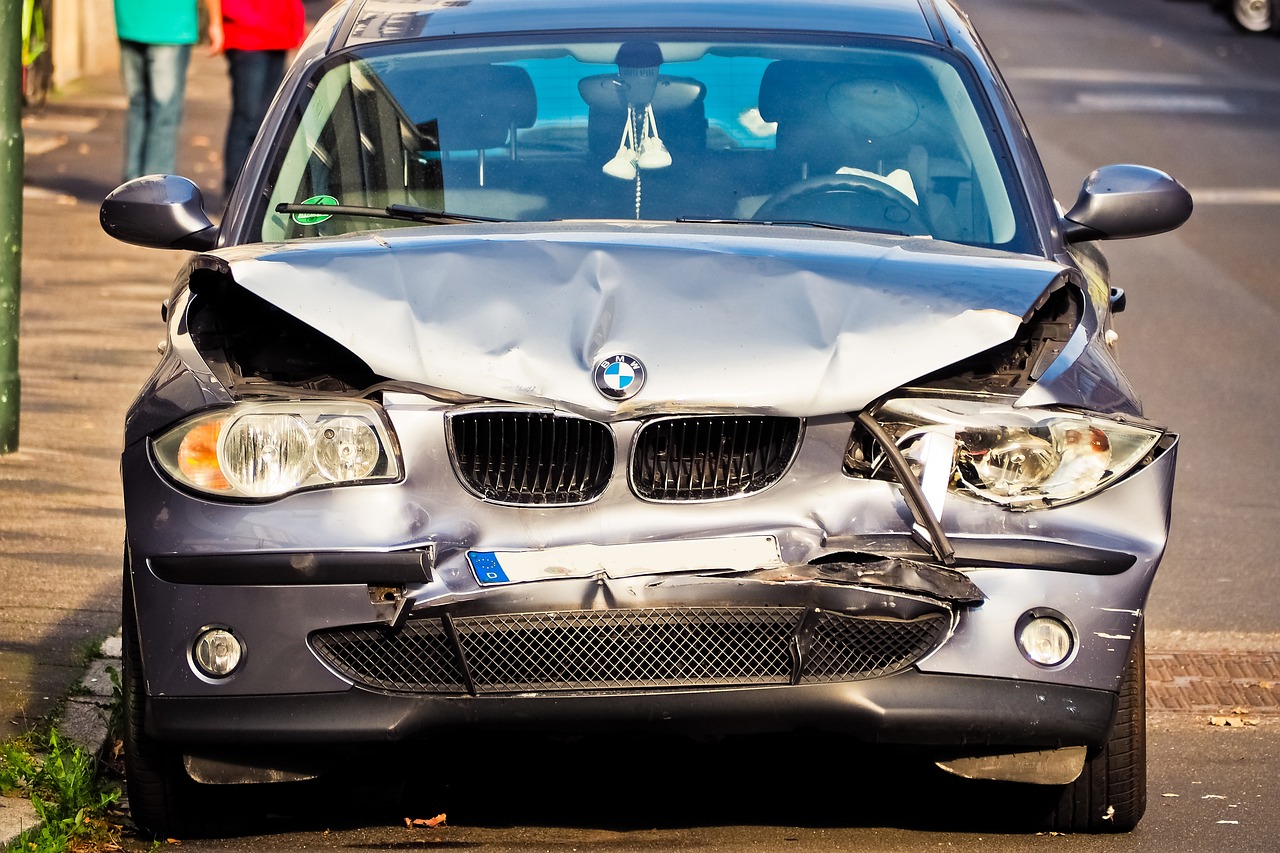Being a motor enthusiast is more than just a hobby; it’s a passion that involves skill, excitement, and responsibility. Whether you’re cruising through city streets or tackling rugged terrains, road safety is crucial. Sadly, accidents can occur even to the most experienced drivers, and knowing how to handle them is crucial. This guide aims to arm you with essential tips to safely and effectively navigate different types of road accidents. From defensive driving to understanding traffic laws and weather conditions, these tips will help you stay prepared for any situation.
1. The Importance of Defensive Driving in Preventing Accidents
Defensive driving is a proactive approach to road safety. It involves anticipating potential hazards and being prepared to react calmly and quickly. One key aspect of defensive driving is maintaining a safe following distance. This gives you more time to react if the car in front suddenly stops or swerves.
Another important element is staying focused and avoiding distractions. Modern vehicles come with a plethora of gadgets and features, but it’s crucial to stay focused on the road. Finally, always use your mirrors and be aware of your surroundings. Knowing what’s happening around you can help you anticipate and avoid accidents.
2. Understanding and Adhering to Traffic Laws Specific to Different Road Types
Traffic laws vary depending on the type of road you’re on. Highways, urban roads, and rural roads each have their own set of rules and regulations. Understanding these is vital for safe driving. On highways, for example, the speed limits are higher, and lane discipline is crucial. Always stick to the speed limit and use your indicators when changing lanes.
Urban roads have many more variables, including pedestrians, cyclists, and a higher number of intersections. Always be prepared to stop at crosswalks and traffic lights. Rural roads, on the other hand, may have fewer traffic signs but more unexpected hazards like animals crossing. Always stay vigilant and be prepared for sudden stops.
3. The Role of Insurance and Legal Implications
When you are involved in a road accident, understanding the role of insurance is crucial in managing the aftermath smoothly. Insurance policies typically cover various aspects from vehicle damage to medical expenses, but the specifics can vary widely. It’s essential to review your policy details so you know what is covered. In the case of a significant accident, particularly those involving commercial vehicles like trucks, the situation can become more complex. Finding yourself in such a scenario can be overwhelming, and consulting a truck accident law firm can help you navigate the legal intricacies, ensuring that you receive fair compensation for your losses. Legal experts can provide guidance on filing claims, understanding liability, and negotiating settlements with insurance companies.
Legal implications following an accident can also include dealing with traffic citations and potential lawsuits. If you are found to be at fault, you might face fines, increased insurance premiums, or even license suspension. Even if you are not at fault, understanding your legal rights helps protect you from unfair treatment. A motorcycle, car, or truck accident lawyer can offer invaluable expertise in these situations. They can assist you in gathering evidence, such as witness statements and accident reports, which are crucial for building a strong case. By working with legal professionals, you can focus on recovery while ensuring that all legal aspects are adequately handled.
4. How Weather Conditions Affect Driving and Tips for Safe Navigation
Weather conditions can drastically affect your driving experience. Rain, snow, fog, and even bright sunlight can create challenging situations. In rainy conditions, roads become slippery, reducing your vehicle’s traction. Always reduce your speed and maintain a greater following distance.
Snow and ice present even more significant challenges. Make sure your vehicle is equipped with winter tires and that you’re comfortable driving in such conditions. Fog can severely reduce visibility, so use your fog lights and drive slowly. Bright sunlight can create glare, making it hard to see the road ahead. Always keep a pair of sunglasses handy and use your vehicle’s sun visors.
5. Guidelines for Handling Vehicle Breakdowns and Accidents on Highways
Highway breakdowns and accidents can be particularly dangerous due to the high speeds involved. If you experience a breakdown, try to steer your vehicle to the shoulder of the road. Turn on your hazard lights to alert other drivers and stay inside your vehicle with your seatbelt fastened until help arrives.
In the event of an accident, the first priority is the safety of everyone involved. If possible, move the vehicles to the side of the road to avoid obstructing traffic. Call emergency services and provide them with accurate information about the location and nature of the accident. Document the scene with photos if it is safe to do so.
6. Navigating Urban Roads and Dealing with Common Urban Accidents
Urban roads are bustling with activity and present unique challenges. Common urban accidents include fender benders at traffic lights, collisions with cyclists or pedestrians, and side-swipes in heavy traffic. Always obey traffic signals and be extra cautious at intersections.
When driving in heavy traffic, maintain a safe distance from the car in front of you and avoid aggressive driving behaviors. If you are involved in an accident, move your vehicle out of traffic if possible and exchange information with the other driver. Be courteous and patient, as urban accidents can often lead to road rage incidents.
7. Safety Tips for Off-road Enthusiasts and Handling Accidents in Remote Areas
Off-roading is a thrilling activity but comes with its own set of risks. Always go off-roading with a buddy and ensure your vehicle is equipped with the necessary gear, including a first-aid kit, tow ropes, and a GPS device. Before heading out, inform someone of your plans and expected return time.
In case of an accident, prioritize safety and assess the situation calmly. If your vehicle is stuck, avoid excessive wheel spinning as it can worsen the situation. Use your tow ropes or winch to free the vehicle. If medical help is needed, use your GPS device to call for assistance and provide your exact location.
Navigating different types of road accidents requires a combination of knowledge, preparation, and presence of mind. By following these tips, motor enthusiasts can ensure they are well-prepared to handle any situation that arises on the road. Remember, the key to safe driving is not only knowing how to react in an accident but also taking proactive steps to prevent them in the first place.
Continue exploring and learning about road safety to enhance your driving skills further. Safe travels!







